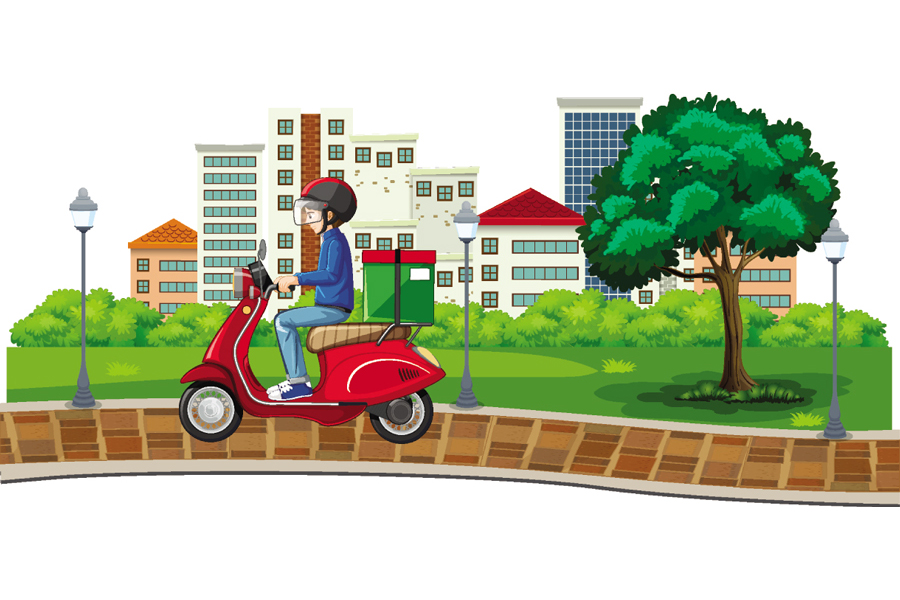
Published :
Updated :

Engaging in harmful activities, casually or carelessly, is being seen as a normal practice in the country. Over the years, attempting to curb or even minimise such acts has become difficult because a growing number of people do not find anything wrong with their actions that negatively affect others. Even in many cases, the wrongdoers, backed by political forces, become aggressive and attack those who try to resist or protest their actions. As a result, social cohesion has also been eroding, which will trigger severe negative consequences in the near future. The slow change in the moral landscape due to various socio-economic dynamics is a key reason in this connection. What was once categorically recognised as wrong is now being redefined and rebranded, even celebrated as 'not so wrong'. This often leads to the acceptance of 'wrong' as 'right'.
When people set out from home and start to walk on the streets in Dhaka, they encounter various obstacles and odds within a couple of minutes. Vendors occupy the footpaths on both sides of the streets, making it difficult for vehicles to move smoothly, and walking becomes challenging. After crossing the vendor's hassle, the walkers have to cover their face to avoid the bad smell of open urination from the roadside. By overcoming the disgusting moment, the pedestrian confronts motor bikers blocking space on the footpath for movement. Finally, when people get ready to cross the road battery-run rickshaws in a large number will rush in from the wrong direction.
All the above-mentioned things are either wrongdoing or misdeed. Nevertheless, all these have become normal in the country as people have accepted as normal things. So it has also become challenging to protest or resist these wrongdoers. If anyone asks the street vendor to give space for walking, the vendor would show them how to walk in the middle of the street. Someone trying to protest a motorbiker riding on a footpath has to face backlash and is likely to be harassed by a group of bikers. By rebuking battery-run rickshaw pullers for driving in the wrong direction, one has to face verbal abuse from them.
The wrongdoers have some flimsy excuse to justify their actions. One is the 'everyone does it' approach, which is not acceptable at all in the real world, 'everyone does not do it.' So, comes the wrong justification that 'many people do it' and this is true, but again not acceptable, as many people also do not do it.' Another excuse is 'nobody opposes it' as if the wrongdoers or offenders pay heed to the dissent and keep them restrained from doing the misdeed. Instead, in most cases, they do not care about any protest or opposition and continue their transgressions.
Again, the normalisation of wrongs or acceptance of misdeeds as the normal course of society is not limited to Bangladesh. Almost every country has been experiencing various levels of the normalisation of harmful activities. It, however, does not mean that there is no need to address the growing problem in Bangladesh on the plea that it is a global phenomenon. Such an approach itself is a move to accept the wrongs and allow those to spread.
So, what to do? For the pessimists, there is no way to reverse the course of wrongdoing and the situation will be worse in the days to come. For the optimists, it is still possible to correct the course by collectively eschewing the acts of wrongdoing.
asjadulk@gmail.com


 For all latest news, follow The Financial Express Google News channel.
For all latest news, follow The Financial Express Google News channel.